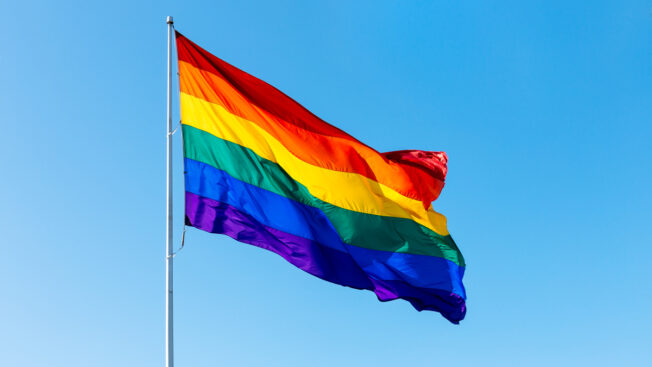Cordelli pointed out that no single person can be an expert in every diverse group, making research and consultation vital. Doing the extra work and taking feedback around the details of the messaging and the potential sensitivities will bring confidence to a campaign in advance of production and distribution.
“You really need to use the power of diverse experience and breadth depending on what you’re doing,” she added. “It’s hard, and I don’t think everyone will get it right, and that won’t be from not doing all of the due diligence either. There’s just got to be an element of honesty where, if you don’t get it right, how do you learn and try again with something where the intent is the right one?”
Marty Davies, co-chief executive of LGBTQ+ organization Outvertising, praised the campaign’s policy change toward introducing a gender-neutral uniform and pronoun badges for cabin crew, as well as the use of the “gay anthem” originally sung by Gloria Gaynor. “This is why our community found it appealing—the brand was doing the work.
But, Davies noted, the company didn’t entirely stand behind the campaign: “What undercut their efforts was when, just two months later, they temporarily suspended the policy for flights to the World Cup in Qatar.”
Also applauding the inclusive approach and the move away from legacy PR-led campaigns, which saw Virgin Group founder Richard Branson often flanked by several stewardesses in their signature red uniforms, is Jan Gooding, former chair of Britain’s LGBTQ+ charity Stonewall and previously the global inclusion director at Aviva.
“Part of the brand’s challenger credentials have always been informality, fun and the celebration of individuality, so a focus on crew clothing as a way of demonstrating ‘seeing the world differently’ was sound,” she said, adding that it was “a breath of fresh air to see big brands taking a stand for acceptance.”


